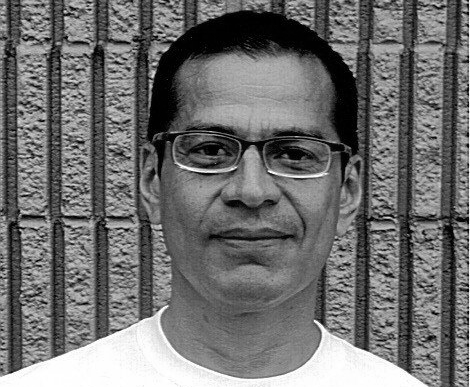The Future of Cannabis Under a New Trump Administration
With the inauguration Monday, we are now in a new Trump administration and it is important to lay out what we know, what we don't, and what we hope for cannabis policy in the U.S. President Trump has claimed that he supports a state's rights approach to cannabis legalization. On the campaign trail, President Trump said he is starting to “agree a lot more” that individuals should not be criminalized for cannabis when it’s being legalized across the country. He even posted, “I believe it is time to end needless arrests and incarcerations of adults for small amounts of marijuana for personal use.”
Our goal remains the same, provide retroactive relief for the thousands harmed by prohibition and enact legalization to ensure no one else has their life derailed for a cannabis offense. Here are some of the avenues in which President Trump could enact changes:
What we know about Clemency
In Trump’s first term, he commuted 16 people and pardoned 6 individuals for cannabis offenses. However, there are still thousands of people in federal prison for cannabis awaiting relief. Trump has already shown a willingness to use his clemency power, but it is not clear if that will be extended to those with cannabis offenses.
The goal: Free everyone still incarcerated for cannabis via clemency now.
What we know about
Rescheduling
On the campaign trail, Trump stated that, ”as president,[we] will continue to focus on research to unlock the medical uses of marijuana to a Schedule 3 drug.” Given the cancellation of recent rescheduling hearings and the absence of a new nominee to head the DEA, it is unclear how his administration will proceed.
The goal: Push to fully deschedule cannabis, or bypass the entire rescheduling process by legalizing cannabis by passing an omnibus bill.
What we know about Legislation
In his first term, President Trump signed the bipartisan sentencing reform bill the First Step Act which was designed to promote rehabilitation, lower recidivism, and reduce excessive sentences for certain federal drug offenses. Additionally, he launched a Federal crime prevention and reentry council. He also signed the 2018 Farm Bill into law, allowing for industrial hemp growth, and that bill will need to be reauthorized during his term. On the campaign trail, Trump stated he would, “work with Congress to pass common sense laws, including SAFE banking for state-authorized companies, and support states rights to pass marijuana laws.”
The goal: 88% of Americans support legalization, and more than ⅔ live in a state with some form of legalization already. Demand Congress deliver a legalization bill with retroactive relief.
What we know about DOJ Guidance
While in his first term, Trump did not pursue action against state-legal cannabis programs, but his administration did rescind the Obama-era Cole memorandum. It is unclear what guidance a DOJ under Pam Bondi may provide federal prosecutors.
The goal: Ensure states’ protection of cannabis activity and mandate federal prosecutors deprioritize cannabis cases.
It is still to be determined whether President-elect Trump’s comments in support of legalization were merely campaign rhetoric or a genuine pledge to reconcile decades of harm with meaningful progress. We look forward to working with the administration as we continue to advocate until no one remains in prison for cannabis.






